Are you looking to upgrade your living spaces with a flooring option that combines beauty, durability, and versatility? Ceramic tiles might just be the perfect solution you’ve been searching for. With their wide range of designs and practical benefits, ceramic tiles have become a popular choice for both residential and commercial spaces.
In this comprehensive guide, we’ll explore everything you need to know about ceramic tiles, from their composition to their various applications. Whether you’re planning a home renovation or a commercial project, this information will help you make an informed decision and choose the perfect tiles to elevate your space. We’ll cover key aspects such as types of tiles, their properties, installation considerations, and maintenance tips, ensuring you have all the knowledge you need to embark on your tiling journey with confidence.
What Are Ceramic Tiles Made Of?
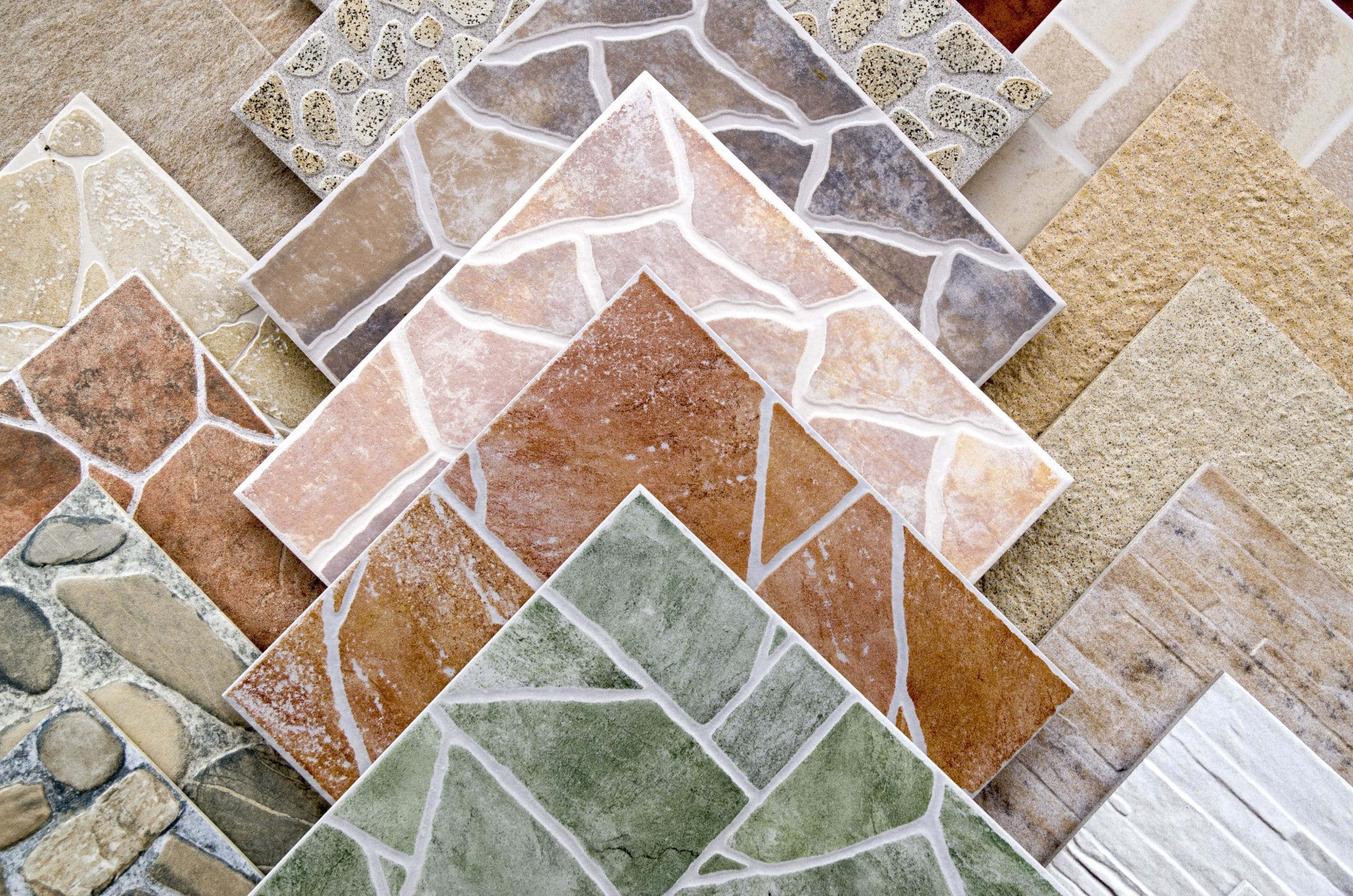
Ceramic tiles are crafted from natural clay, minerals, and other earthen materials, carefully selected and mixed to achieve desired properties. The manufacturing process involves shaping the mixture into tiles, drying them, and firing at high temperatures (often exceeding 1000°C) to create a hard, durable surface.
Many tiles undergo glazing for colour, texture, and protection, followed by a second firing. This process determines the tiles’ unique characteristics, including strength, water resistance, and aesthetic qualities, making them suitable for various applications in construction and interior design.
Types of Ceramic Tiles
When it comes to choosing ceramic tiles, you’ll find a wide variety of options to suit different needs and preferences. Here are some popular types of ceramic tiles:
Glazed Ceramic Tiles
Glazed ceramic tiles feature a protective layer of liquid glass applied before firing. This glaze not only enhances the tile’s appearance but also improves its water resistance, making it an excellent choice for areas prone to moisture.
Unglazed Ceramic Tiles
Unglazed ceramic tiles lack the protective glaze, giving them a more natural, earthy appearance. This type of tile often provides better slip resistance, making it ideal for outdoor applications and areas where safety is a primary concern.
Additionally, their durability and non-slip properties make them suitable for bathrooms and other wet areas, where they can effectively handle moisture and maintain a secure footing.
Ceramic Wall Tiles
Specifically designed for vertical surfaces, ceramic wall tiles are typically lighter and thinner than floor tiles. This makes them easier to install and perfect for creating stunning backsplashes or accent walls in your home.
Ceramic Floor Tiles
Ceramic floor tiles are thicker and more durable to withstand foot traffic and heavy furniture. There are ceramic tiles in various sizes, from small mosaic tiles to large-format ceramic tiles, allowing you to create diverse patterns and designs.
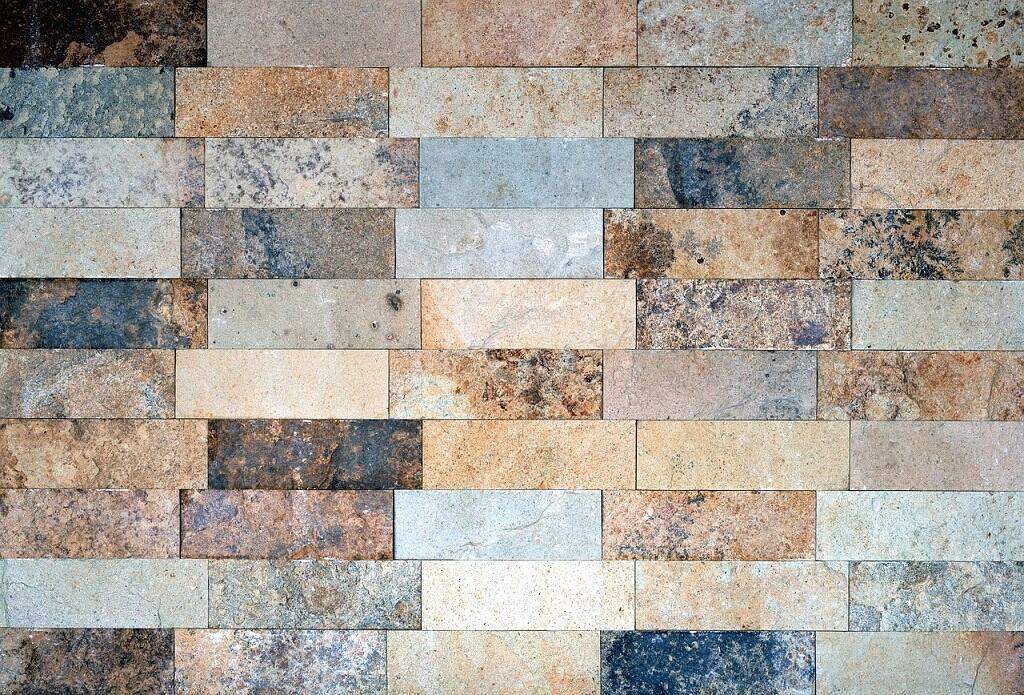
Key Properties of Ceramic Tiles
Ceramic tiles have been a staple in interior design and construction for ages, and the reason is their exceptional durability and versatility. But what makes these timeless materials so popular? Let’s explore the key properties that make ceramic tiles a superhero in the world of interior design and construction.
Durability
Whether you’re considering ceramic floor and wall tiles, their durability is unmatched. These tough cookies can withstand heavy foot traffic, making them perfect for indoor, outdoor and even commercial applications. From small tiles to large-format ceramic tiles, they’re built to last!
Water Resistance
One of the standout benefits of ceramic tiles is their excellent water resistance. Glazed ceramic tiles offer superior protection against moisture, making them ideal for bathrooms and kitchens. But don’t overlook unglazed ceramic tiles – they have their unique charm and applications too!
Slip Resistance
Safety first! Many types of ceramic floor tiles come with textured surfaces, reducing the risk of slips and falls. This feature is especially crucial for outdoor ceramic tiles or areas prone to water spillage.
Frost Resistance
Some ceramic tile manufacturers produce tiles specifically designed to withstand freezing temperatures. This expands the uses of ceramic tiles to outdoor spaces in colder climates, proving that these tiles are not just fair-weather friends!
Chemical Resistance
From kitchen spills to bathroom cleaning products, ceramic tiles stand strong against various chemicals. This resilience ensures they maintain their beauty for years, regardless of what life throws at them.
What Are The Advantages Of Ceramic Tiles?
Durability: Ceramic tiles are known for their long-lasting nature, often maintaining their appearance for decades with proper care.
Easy Maintenance: These tiles are relatively simple to clean and maintain, requiring only regular sweeping and occasional mopping.
Water Resistance: Ceramic tiles excel in moisture-prone areas, making them ideal for bathrooms and kitchens.
Variety: With a wide range of colours, patterns, and sizes available, ceramic tiles offer versatility in design options.
Cost-Efficient: Compared to some other flooring material, ceramic tiles are a more budget-friendly choice, especially considering their longevity.
Scratch and Stain Resistance: Ceramic tiles don’t easily get scratched or stained, so they’re great for busy areas and places where spills might happen.
What Are The Disadvantages Of Ceramic Tiles?
Coldness: Ceramic tiles can feel cold underfoot, which may be uncomfortable in colder climates or seasons.
Installation Complexity: Proper installation of ceramic tiles requires skill and precision, which can increase initial costs.
Grout Maintenance: The grout lines between tiles can be prone to staining and may require regular cleaning and occasional resealing.
Where Ceramic Tiles Can Be Used
Ceramic tiles are versatile and can be applied in various settings. Let’s explore some common applications:
Residential Uses
Kitchens: Ceramic floor tiles and ceramic wall tiles excel in kitchen environments because of their water resistance and easy cleaning properties. They’re ideal for both flooring and backsplashes, protecting walls from splashes and spills.
Bathrooms: The moisture-resistant nature of ceramic wall and floor tiles makes them a perfect choice for bathroom floors, walls, and shower areas. They can withstand high humidity and frequent water exposure.
Living Areas: In living rooms and entryways, ceramic tiles can add a touch of elegance while providing a durable surface that stands up to high foot traffic.
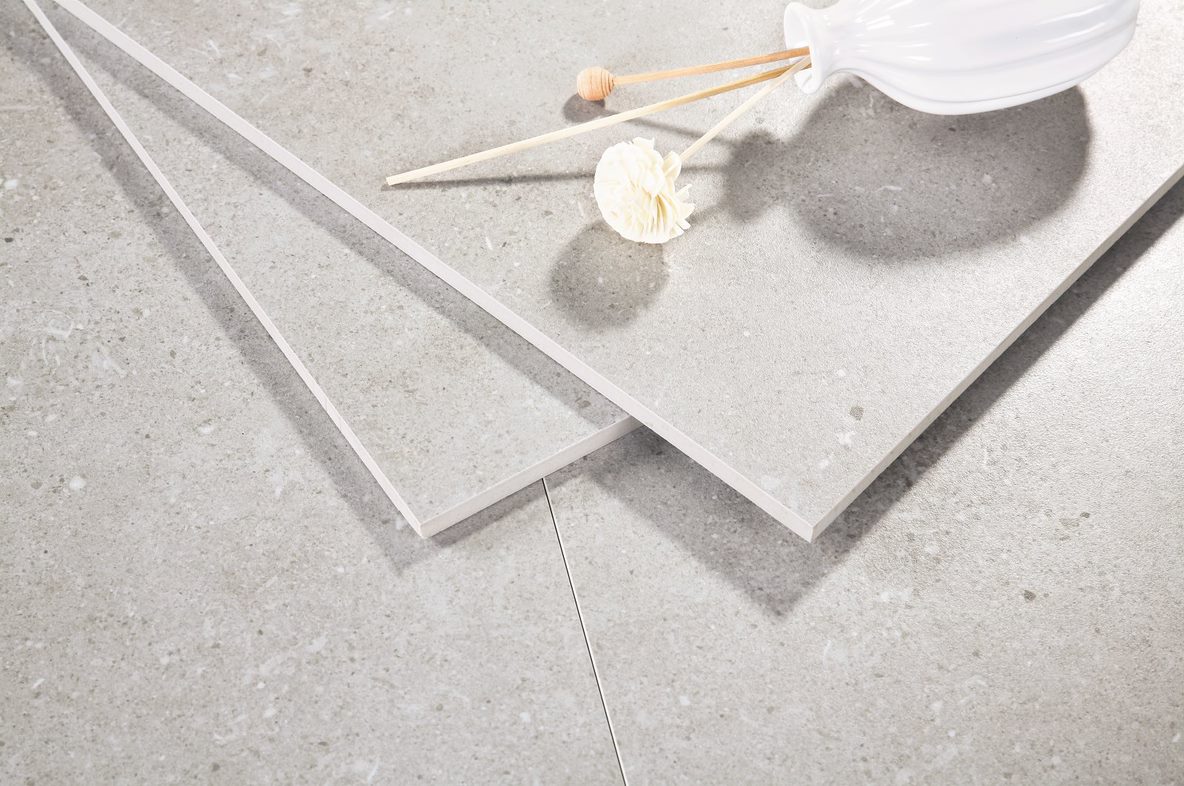
Commercial Uses
Restaurants: The easy-to-clean nature of ceramic tiles makes them suitable for both dining areas and kitchens in restaurants, where spills and stains are common.
Hotels: Ceramic tiles can withstand the high foot traffic in hotel lobbies, corridors, and guest rooms while maintaining their appearance and hygiene standards.
Office Buildings: Ceramic tiles offer a professional look and are practical for high-traffic areas in office environments, such as reception areas and corridors.
Outdoor Applications
Patios: Frost-resistant outdoor ceramic tiles are an excellent choice for outdoor patios, offering both style and durability in varying weather conditions.
Pool Areas: Non-slip ceramic tiles are perfect for pool decks and surrounding areas, providing both safety and aesthetic appeal.
Exterior Walls: Certain types of ceramic tiles can be used on exterior walls, adding a unique architectural element to buildings while providing protection against the elements.
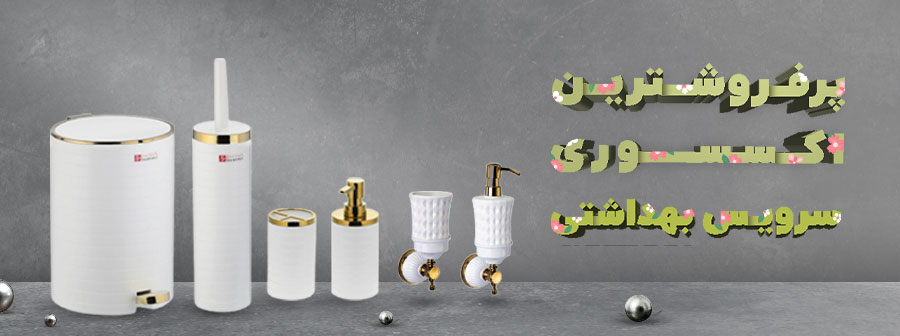
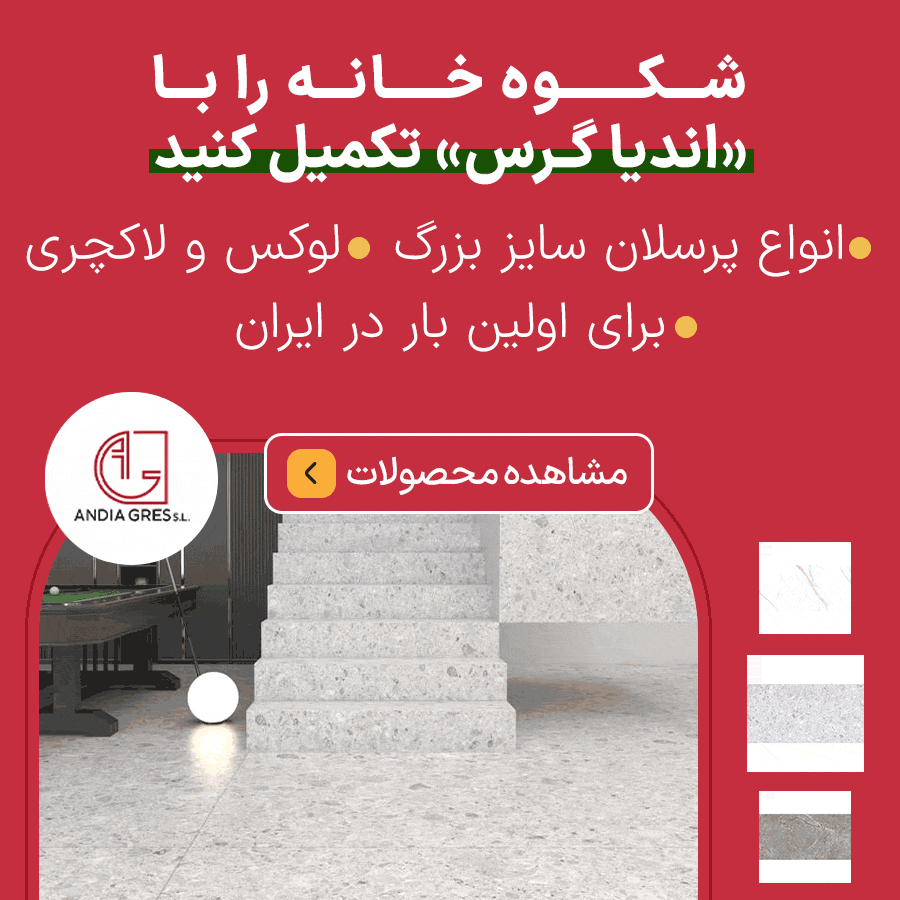
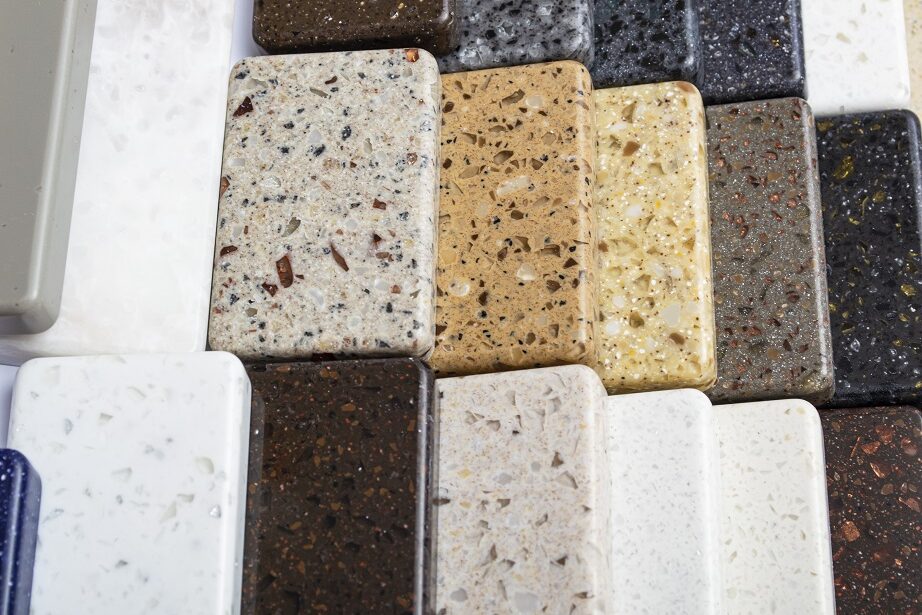


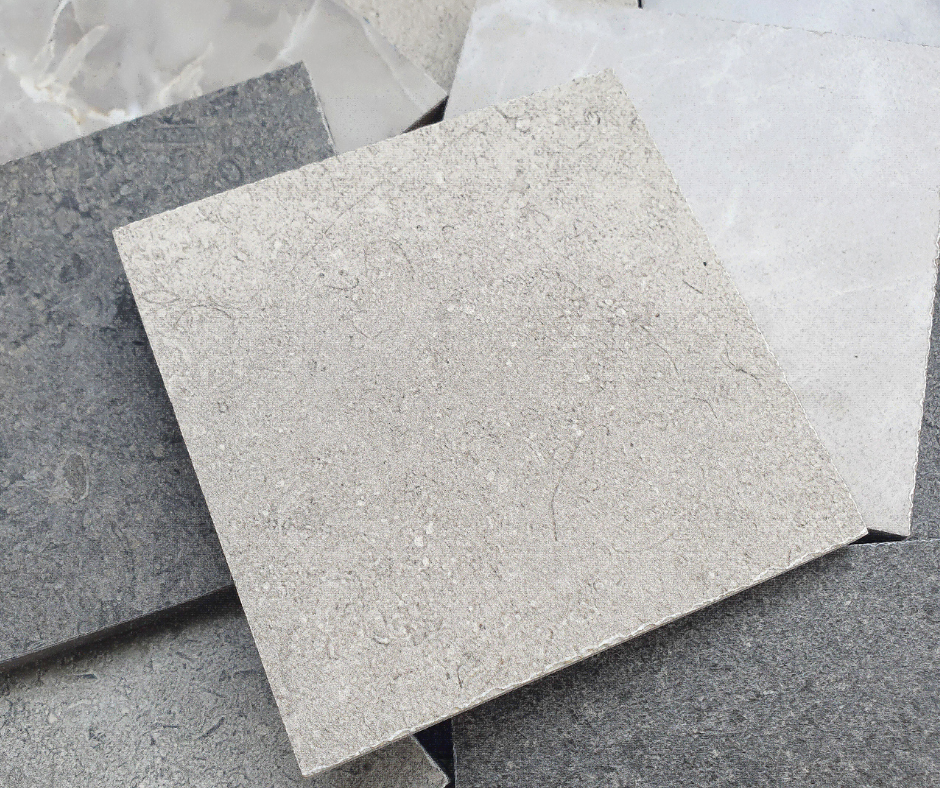
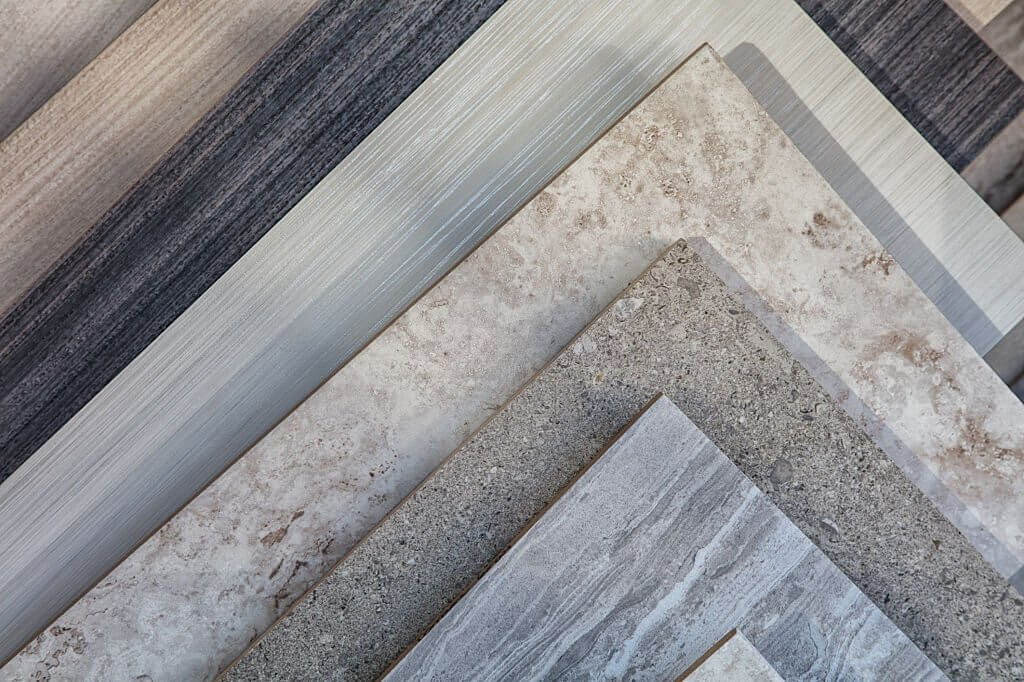

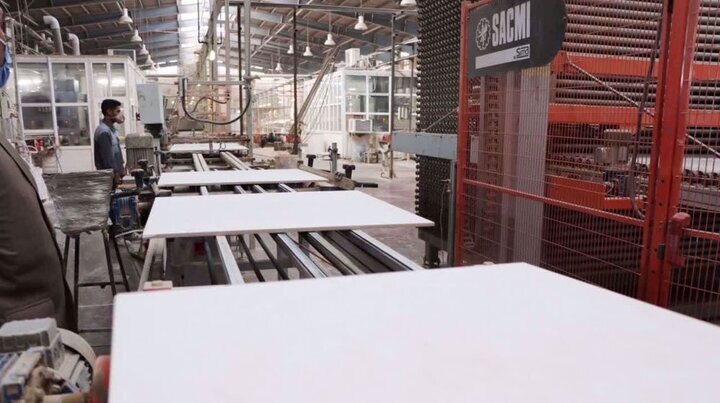


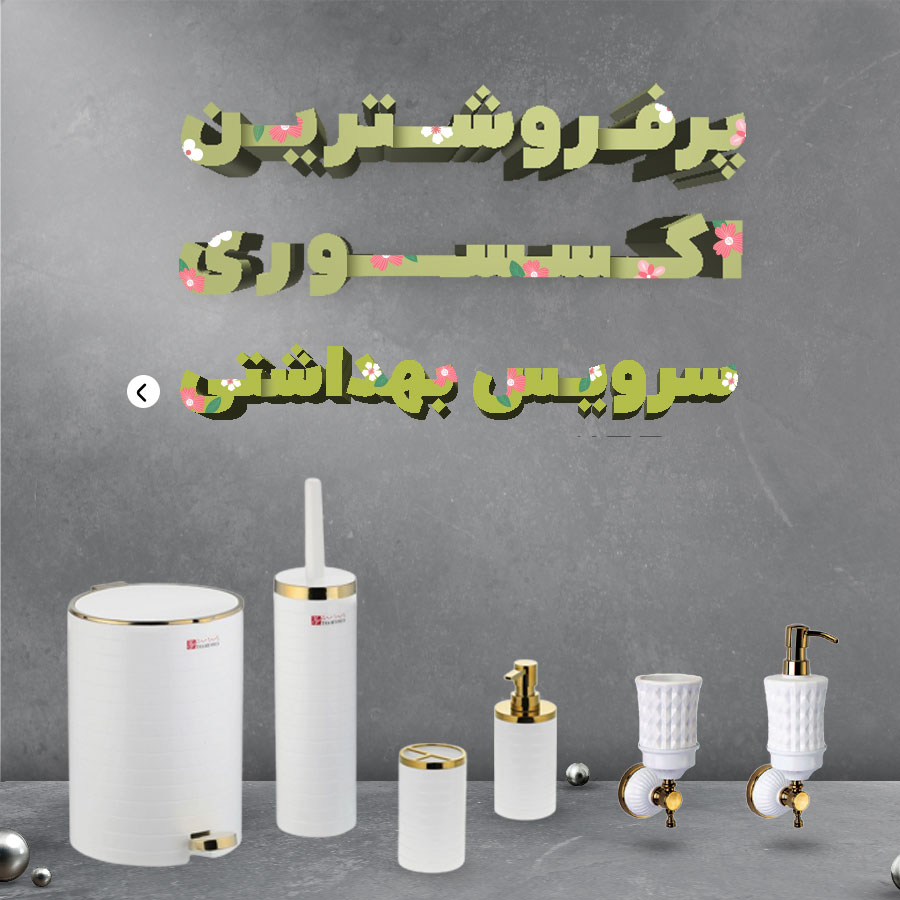

نظرات ۰